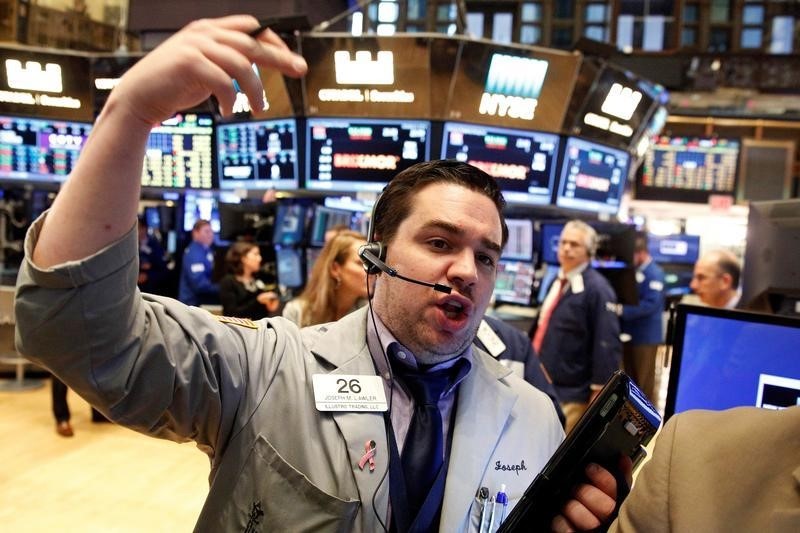(Bloomberg) -- U.S. equities resumed last week’s upward march, advancing at the open of futures trading in New York Sunday night, as traders pressed bets that President-Elect Joe Biden will bring steadier stewardship of the American economy.
Bulls picked up where they left off in the best week for U.S. share indexes since April, undaunted by some of the highest equity valuations in two decades and the resurgent coronavirus. Up four of the last five days, the S&P 500 sits 2% away from the record it set at the start of September.
Risk markets consistently found something to celebrate throughout a chaotic final week of the election process, as odds shifted from a blue wave sweep to Donald Trump’s favor and then to Biden, who declared himself victorious amid signs his party will fail to take the Senate. Resilience in the S&P 500 is all the more impressive considering the gauge sits at more than 27 times annual earnings, a valuation with virtually no precedent since the dot-come bubble.
“More fiscal support is likely forthcoming. While it may not be the outsize fiscal package that the Democrats had envisioned, it will likely be large enough to provide an additional boost to the economic recovery,” Invesco strategists including Brian Levitt wrote in a note. “Paradoxically, a more modest fiscal bill may serve to extend the market and business cycles, as it would be unlikely to bring forward the inflationary pressures that presage Fed tightening and the end of cycles.”
Contracts on the S&P 500 rose 0.9% as of 6:33 p.m. in New York. The underlying index rallied 7.3% last week in the biggest advance since April. Nasdaq 100 futures jumped 1.2%, while Dow Jones Industrial Average contracts gained 0.7%.
With odds pointing to a divided government, investors saw hopes dashed that Congress would pass a multitrillion-dollar spending package to boost the economy. But bulls turned to the Federal Reserve and Chairman Jerome Powell, looking for continued support that’s been critical to the rebound from the pandemic-fueled slowdown.
Powell reassured markets during last week’s political drama that the central bank remains at the ready should Washington fail to deliver the aid package many agree is needed. And that buttressed markets that, given the choice between a broad package of economic aid and targeted Fed liquidity support, would always choose the latter due to its benefits for asset prices.
At the same time, the rising threat to the economy from the rapidly spreading coronavirus remains a market headwind. The pandemic outlook continued to worsen over the weekend, with the accelerating surge in U.S. cases helping to take the global total past 50 million. In the U.S., cases neared 10 million. While Biden’s election victory is likely to lead to more aggressive steps to contain the virus from Washington policy makers, any changes will take time to have a noticeable effect on transmission levels after he is sworn in as president in January.
“Covid has replaced election uncertainty as the major source of investor worries about equity markets,” Dennis DeBusschere at Evercore ISI wrote in a note. “Further positive vaccine development news would help offset some of the increase in hospitalizations and deaths.”
©2020 Bloomberg L.P.
